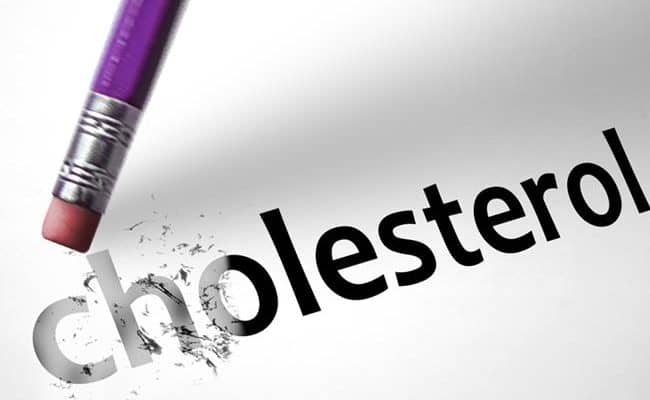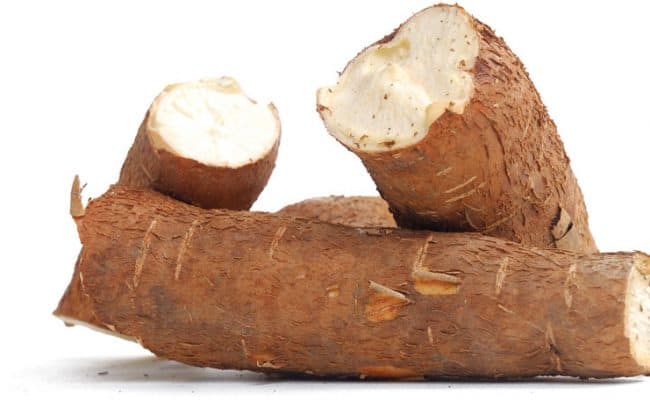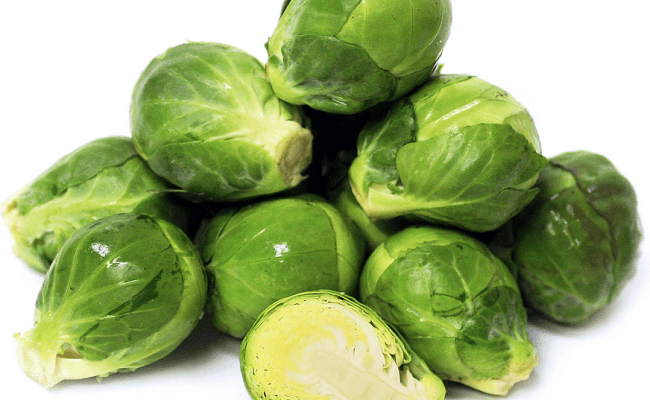
Having high cholesterol can affect your health and chronic disease risk. According to the Center for Disease Control and Prevention (CDC), more than 2 million Americans experience an acute cardiovascular event every year. Controlling blood cholesterol levels has been shown to significantly positively impact heart health and mortality rate.
If you have high blood cholesterol, there are some simple lifestyle modifications to take to get your numbers where they should be. Before taking medication, try these modifications to lower your blood cholesterol naturally.
Increase fiber
Increasing soluble fiber in the diet can help clear out the extra cholesterol build up in arteries. There are two main types of fiber: soluble and insoluble. Soluble fiber can be absorbed out of the digestive tract and get into the blood stream. Insoluble fiber stays in the digestive tract and is beneficial for digestive health. Soluble fiber forms a gel like consistency that can help clear out cholesterol build up in the blood.
Soluble fiber can be found in gummy type fiber sources such as fruits, oats and legumes. Increasing these foods is one of the best ways to naturally lower blood cholesterol. Increasing fiber can have many other health benefits such as helping with stabilizing blood sugar levels.
Watch your fat sources
Cholesterol and saturated fat from the diet may influence blood cholesterol levels. High cholesterol foods, such as eggs, have received a bad reputation for heart health because of the thought they can increase blood cholesterol levels. However, what is more important than cholesterol from foods may be the type of fats from foods.
Saturated fats have been shown in research studies to be linked with blood cholesterol levels. Saturated fats are found in animal fat, dairy products, baked goods, butter and coconut products.
Recent research has questioned the link between saturated fat and heart health, and some scientists suggest that processed foods high in simple sugars may be more of a risk to heart health than saturated fats. Scientists also have pointed out that some saturated fats, like coconut oil, may not harmfully affect heart health as other saturated fats.
If your cholesterol levels are high, talk to a health professional for individual dietary advice or follow the AHA guidelines until more research and recommendations have been put in place. Cut out processed foods but also watch excess saturated fats from foods.
Eat less sugar
Dietary sugar intake can directly impact triglyceride levels, another type of fat in the blood, and can affect cholesterol levels as well. When too much sugar is in the blood stream it can promote fat storage and the liver can turn extra sugar into fat.
If you are trying to lower cholesterol, cutting out extra sugar from sweetened beverages, baked goods or other processed foods can help naturally balance fat levels in the blood. As mentioned, some researchers suggest this may impact blood cholesterol levels than previously thought. (See also: What to eat to lower your cholesterol)
Exercise
Exercise is one of the best ways to increase high density lipoprotein (HDL) the “good” cholesterol. If blood cholesterol levels are high, total cholesterol and low density lipoprotein (LDL) are the concern. HDL is the cholesterol that you actually want to be high because it picks up cholesterol around the body and gets rid of it.
Exercise can increase HDL and help lower LDL cholesterol, which is the best of both.
Increase omega 3’s
Omega 3’s can lower inflammation, which often accompanies high cholesterol, and can help increase HDL levels and lower LDL levels. Omega 3’s are found in most cold water fish, olive oil, flaxseeds, chia seeds and nuts. Some doctors may prescribe a fish oil supplement for people with high blood cholesterol for more aggressive treatment.
Shifting the types of fat you eat from animal based saturated fats to olive oil, nuts, flaxseeds, etc. can help lower cholesterol levels. The AHA recommends Americans to eat 2 servings of fish per week to increase omega 3 levels. However, vegetarian sources listed can also provide omega 3’s besides fish.
Lose weight
If you are overweight and have high blood cholesterol, losing weight can naturally lower cholesterol. Losing weight can also help with increasing insulin sensitivity, lowering blood pressure and lowering acid reflux.
Conclusion
If you are looking to naturally lower your cholesterol, modifying your diet, increasing exercise and losing weight are steps to take to bring your cholesterol down. Increasing soluble fiber, increasing omega 3’s, watching your simple carbohydrate and processed food intake and limiting saturated fats from animal products can all help lower cholesterol levels.
Exercise and increasing omega 3’s can also increase HDL cholesterol which is beneficial because you want that number to be high.
References used in this article










